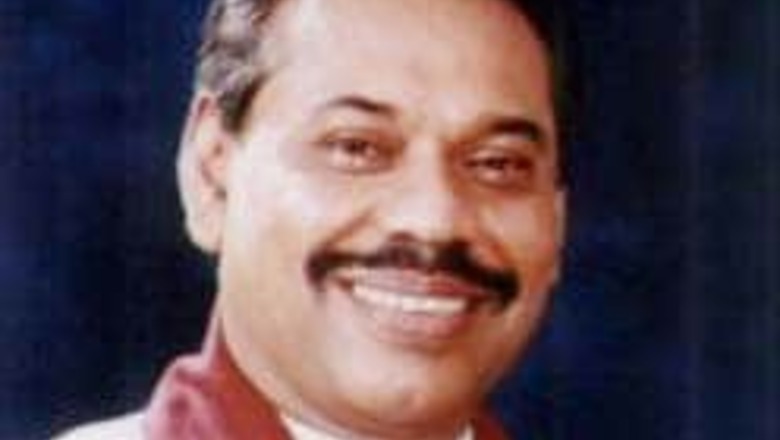
views
Chennai: Sri Lankan President Mahinda Rajapakse's visit to India from Saturday has generated a lot of heat in Tamil Nadu, with political parties adamantly opposed to any military alliance between New Delhi and Colombo.
Vaiko's MDMK and S Ramadoss' PMK, both members of India's ruling coalition, have threatened street protests against the visit to protest against the killing of innocent Tamils in military offensives in the island.
At Ramadoss' call, the mayors of Chennai, Madurai, Tirunelveli and Salem (DMK) as well as Tiruchi and Coimbatore (Congress) will boycott the Asian Mayors' meet in Dehradun Rajapakse is to inaugurate on Sunday.
There is no word if Rajapakse will halt in Chennai on his way to New Delhi or while returning to Colombo to meet Tamil Nadu Chief Minister M Karunanidhi.
During his last visit to India in December 2005, Rajapakse wanted to have talks with then Tamil Nadu chief minister J Jayalaitha but she refused to see him.
In recent times Karunanidhi has made it clear that the Centre's Sri Lanka policy is also his policy. However, in the light of continuing killings of Tamil civilians, he has asked how long India can keep quite on the crisis.
Other parties such as PMK, MDMK and Dalit Panthers of India (DPI) are, however, more vocal and bitterly anti-Colombo.
DPI leader Thirumavalavan has urged Karunanidhi "to take steps" to prevent Rajapakse from coming to India.
He said allowing Rajapakse to visit India with "hands stained with the blood of Tamils would be an insult to the Tamil race". Thirumavalavan is also opposed to training of Sri Lankan airmen in India.
DPI and MDMK have also urged Karunanidhi to put pressure on Colombo through New Delhi to reopen the A-9 highway linking the Sri Lankan mainland to Jaffna to supply food following serious shortages in the peninsula.
Vaiko, jailed by the Jayalalitha government for 19 months for supporting the LTTE, last week courted arrest as part of protests here against the "genocide of Tamils in Sri Lanka".
Prime Minister Manmohan Singh wrote to Vaiko saying India had taken great care not to provide Sri Lanka with lethal items of military hardware of the kind that could be used against the civilian population.
Although support to the Liberation Tigers of Tamil Eelam (LTTE) in Tamil Nadu, separated from Sri Lanka by a strip of sea, has waned since the 1980s when there was great sympathy for Tamil militants, most political parties bitterly oppose any suffering caused to the island's Tamil minority.
Even the Tamil Nadu Bharatiya Janata Party (BJP) is vocal on the issue. Its president L Ganesan says: "India should not provide any arms to Colombo as they use them against Tamils."
Fighting this year between the LTTE and Sri Lankan security forces has killed some 2,500 people, making a mockery of the 2002 Norway-sponsored ceasefire. This year alone over 16,000 Sri Lankan Tamils have fled to Tamil Nadu.
V Suryanarayan, a veteran Sri Lankan watcher, explained: "For India, Sri Lanka is not just another country. What happens in the island will have consequences in India, especially in Tamil Nadu.
"The role of the Tamil Nadu chief minister in India's Sri Lanka policy is extremely significant." Added K Venkataramanan, another Sri Lanka watcher who has just returned from the island: "The military and civilian administration (of the Rajapakse dispensation) is now packed with people with extremist views."
Added retired Colonel R Hariharan: "President Rajapakse is qualitatively different from his predecessors and has changed the government agenda from the political to military."
No wonder then political parties in Tamil Nadu are dead set against any defence pact between India and Sri Lanka.












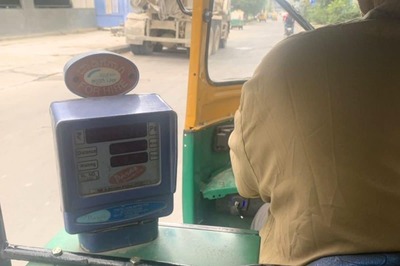
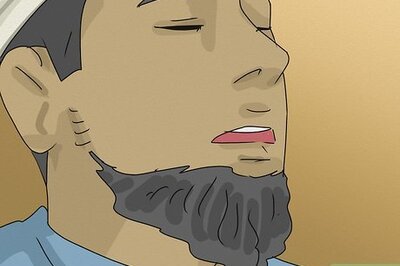
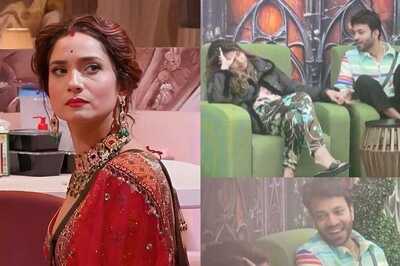

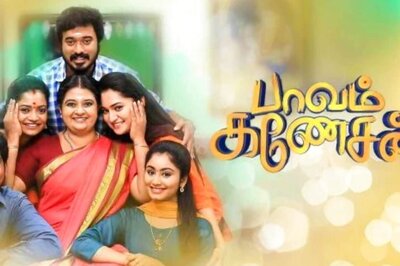
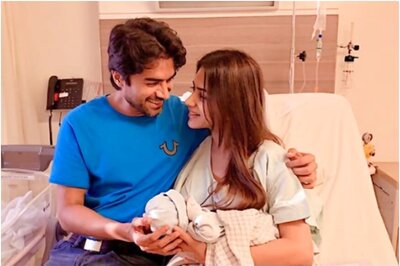
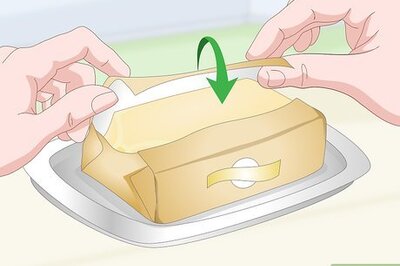
Comments
0 comment